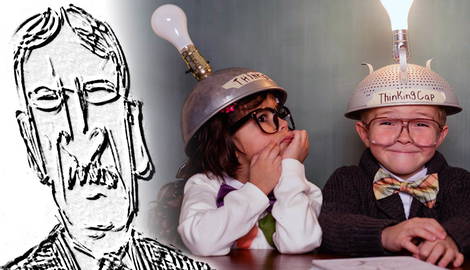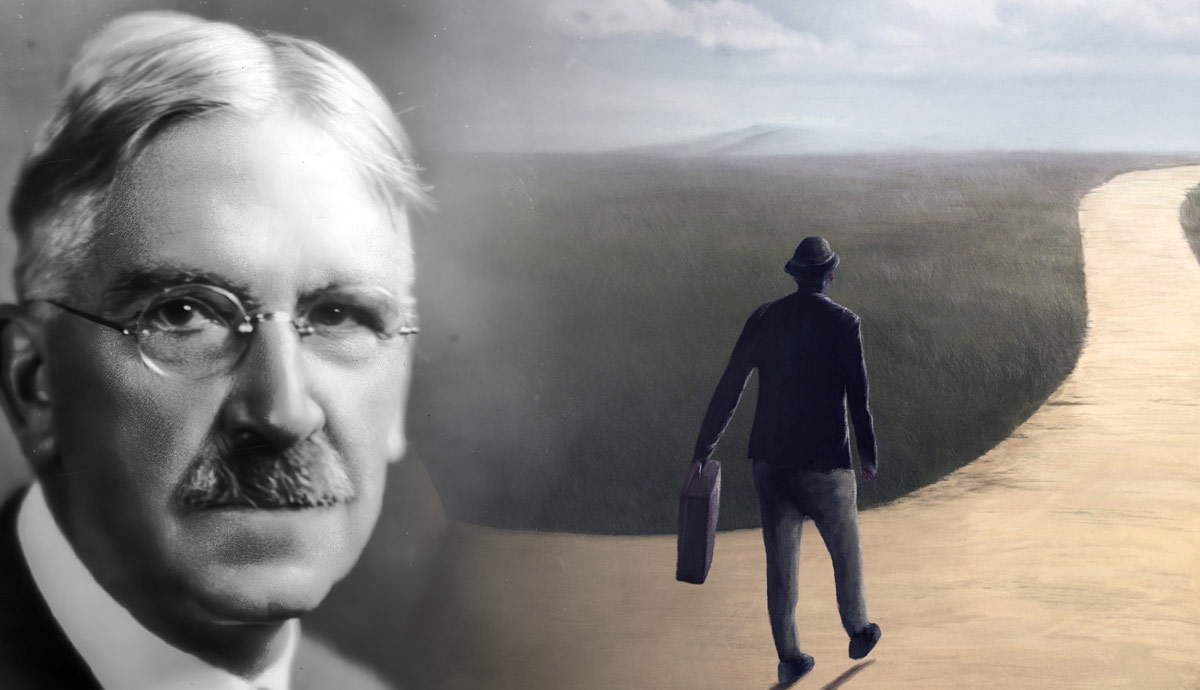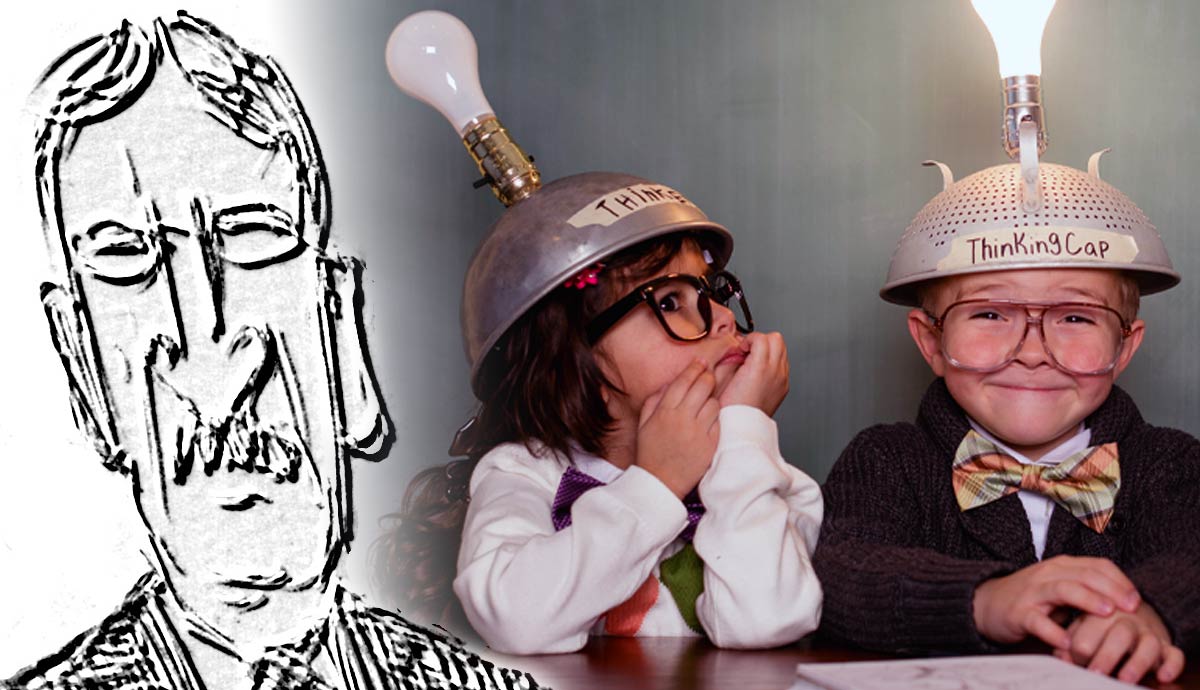
John Dewey was once called “America’s Philosopher” by The New York Times. This nomination signaled his status as one of the leading philosophers of the first half of the 20th century in the United States. Dewey was prolific in his work, but he was especially renowned for his philosophy of pragmatism (which he preferred to call “instrumentalism”) and his philosophy of education. This article explores the exact nature of his views on education and why they were so important.
John Dewey’s Pragmatism
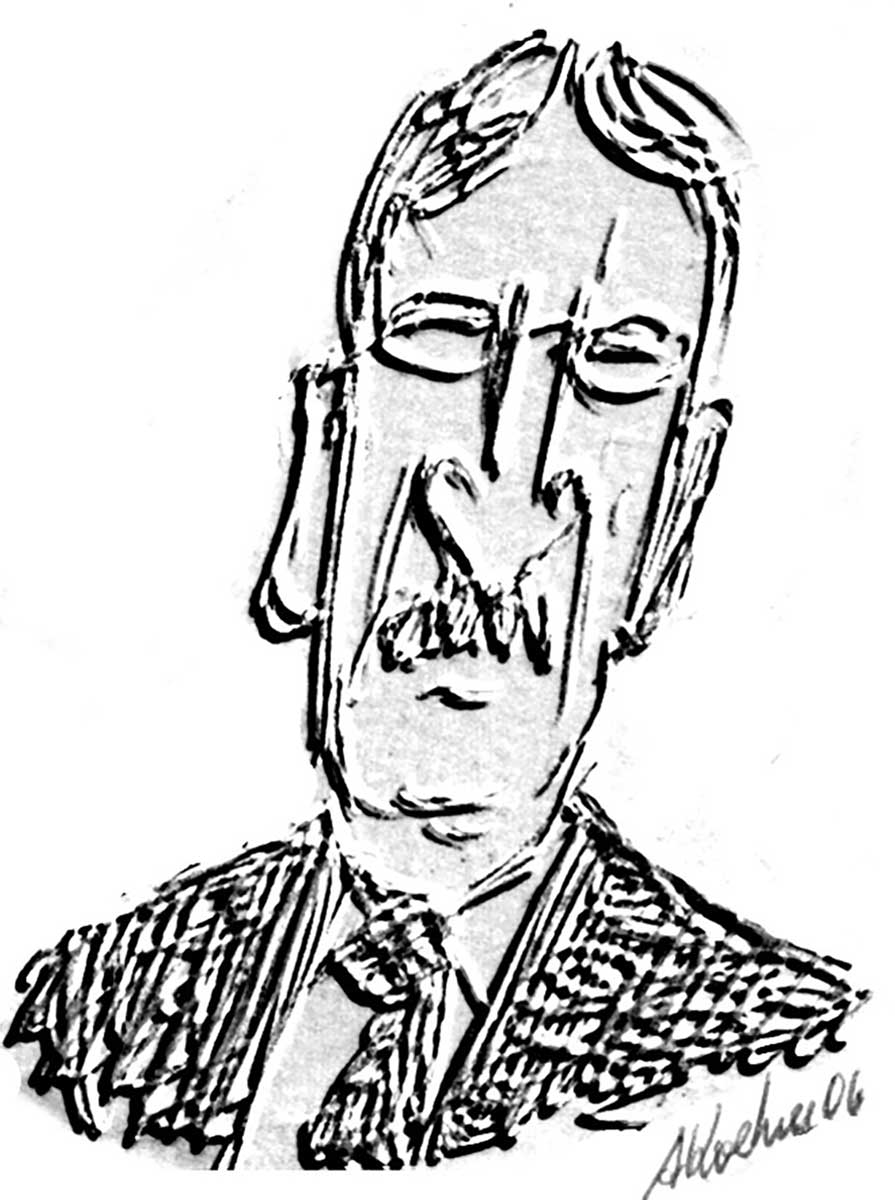
Pragmatism was the first formal movement in the history of philosophy to emerge from the nation of the United States. Though not all embraced such a label and there were some significant differences among those categorized as pragmatists, there were some shared concerns that enabled such a grouping, which can be summarized as working toward a general method for solving practical problems.
This article will focus on exploring the latter, John Dewey’s philosophy on education, which was central to all his thought. For Dewey, education is a thoroughly human endeavor; it is critical in helping us flourish as individuals living within a society. In alignment with his pragmatist views, one certainty of human life is that things change, and this is a truth we must always keep at the forefront as we navigate the world as individuals within social communities.
Biography of John Dewey
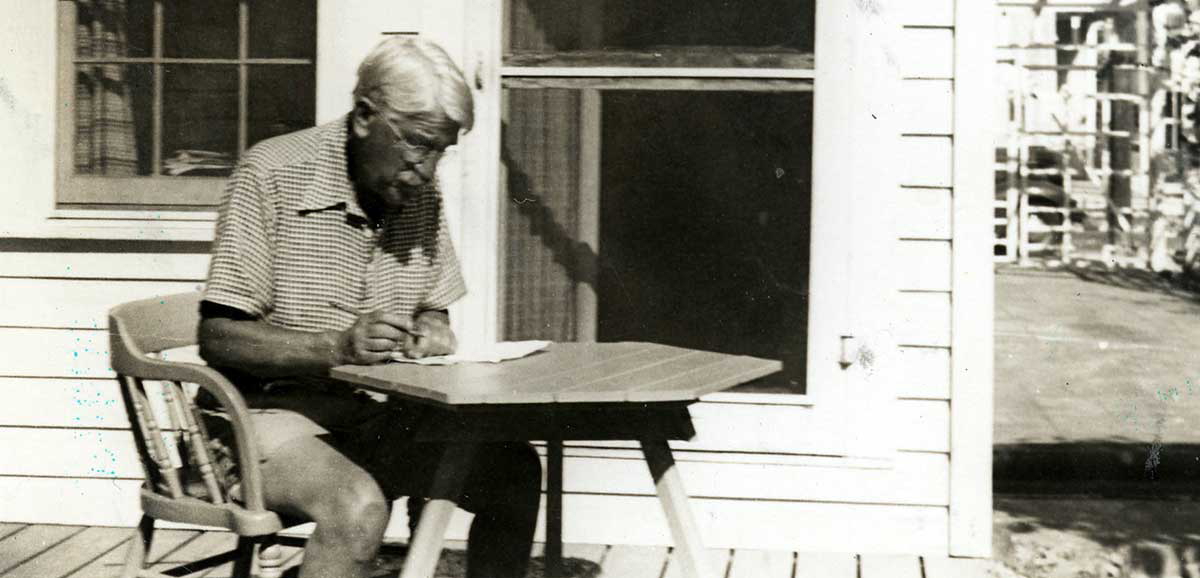
John Dewey lived a long and active life from 1859 to 1952. Such a fruitful life made him a key figure in American intellectual history. It should be noted, however, that he is often confused with Melvil Dewey, the creator of the Dewey decimal system. His work spanned many topics, and he produced thirty-seven volumes of works over seventy years.
John Dewey was born in Vermont, which is also where he first started college at the age of fifteen at the University of Vermont. He taught philosophy at a high school before entering graduate school at John Hopkins University in 1882. After completing his Doctorate in Philosophy in 1884 he started teaching at the University of Michigan, and eventually ended up at the University of Chicago where he began to establish his reputation. It was there that he established his experimental elementary school, appropriately called “the Laboratory School” of the University of Chicago, or sometimes just “Dewey’s School.” This would expand his reputation as not just a prominent philosopher but also a renowned educator.
At the University of Chicago, he taught philosophy, psychology, and pedagogy. However, upon some disagreements with the university administration over the experimental elementary school, Dewey left in 1904, settling afterward at Columbia University in New York City. Some of his most important works were written during these later years of his life—his work was so extensive that it is generally divided into early, middle, and late periods.
Dewey’s Philosophy of Education
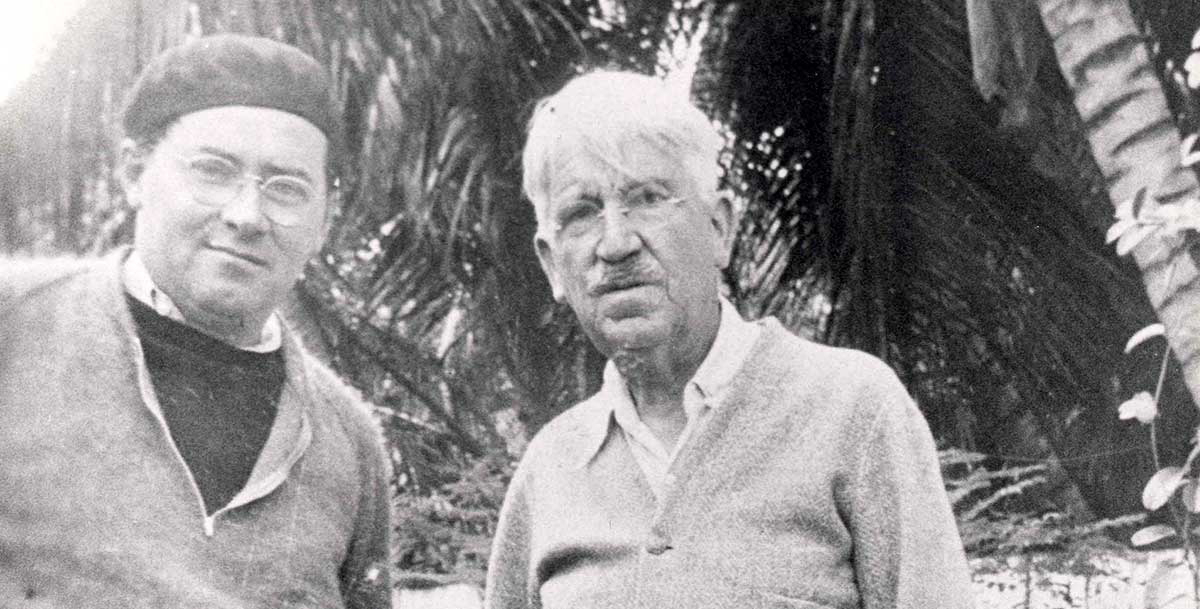
As noted, the role of education is central to Dewey’s philosophy in general, as it is precisely what enables us to learn how to adapt to the certainty of life that things change. Education is a thoroughly human venture, the purpose of which is to prepare us as individuals living within a society to flourish; to hopefully not just survive but rather succeed in an ever-changing world.
We are not individuals living in a vacuum. We are social individuals and the educational process must directly reflect this. Schools, therefore, should not focus on just individual achievements but rather how that individual succeeds socially. Education is a social process, therefore the right atmosphere is one that cultivates this awareness of being a social creature. But there is not just one direction here, there is a back-and-forth between individual perspective influencing social repercussions, and social factors influencing individual choices.
One main goal of education per Dewey is to maintain an open, active mind, and to avoid a closed, passive mind. Today, few would disagree about this. However, where some people do disagree is over what specific forms this takes in practice. Dewey wanted to steer away from methods such as rote memorization and instead focus on problem-solving—critical for Dewey was the encouragement of scientific methodological thought. Life is, after all, with all its certain changes, a series of problems we need to solve—this was quite the pragmatist perspective indeed.
Laboratory Schools
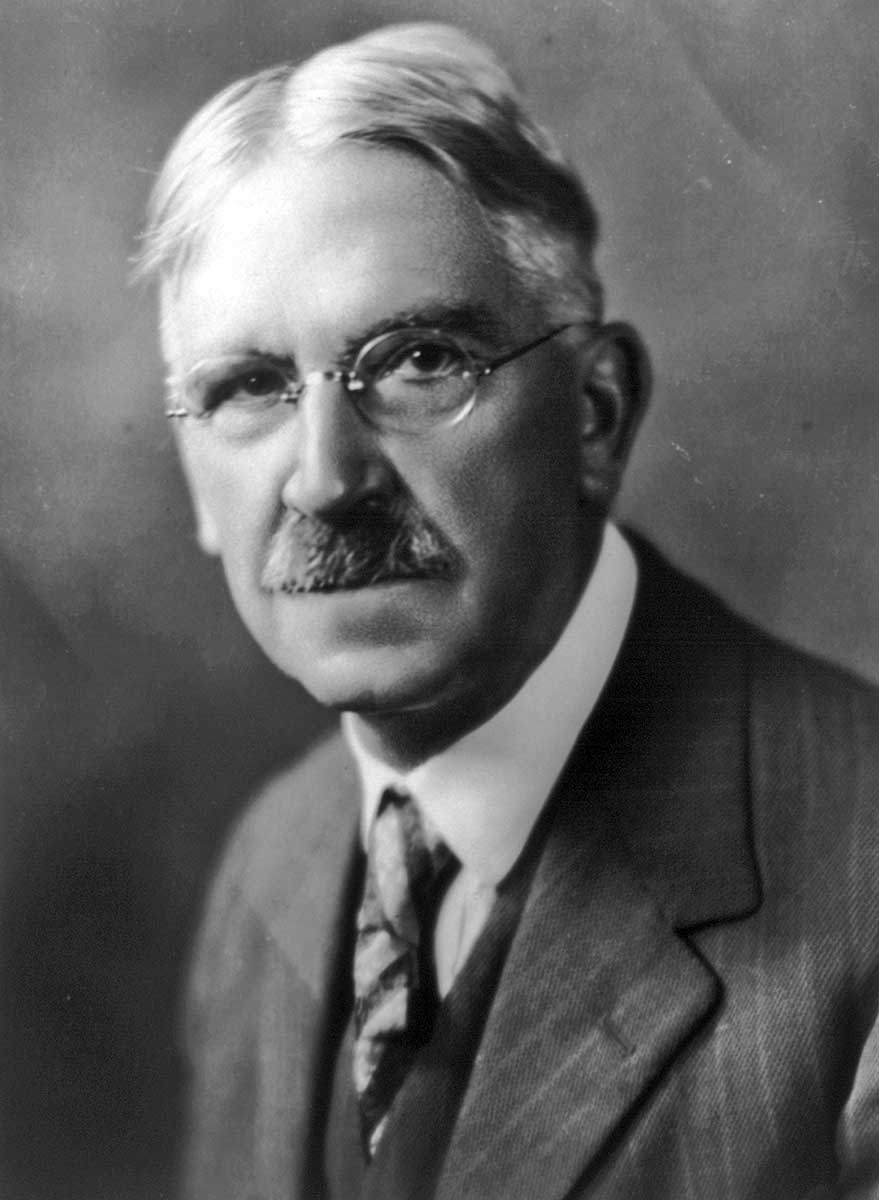
Thus, akin to his pragmatist views, he was able to test this all out in his “Laboratory School” for elementary students. But teaching students to be essentially problem-solvers is no easy endeavor and requires an interdisciplinary approach on the part of the teachers. Rather than focus on specific vocations, Dewey emphasized the need to focus on how to succeed in the social world. He preferred to help cultivate the student’s own journey to find their occupation, to spark their own inner motivation rather than nudge them down a specific path. We are always individuals living within a social community, and most important is learning how to navigate that kind of life.
Essentially, what Dewey wanted was for students to learn about the process of inquiry; what it is, and how to do it successfully. So, Dewey emphasized the need to start with a student’s personal interests, and then gradually introduce specialized and abstract materials. Per Dewey, it is critical to inspire students to want to learn. Thus, at the start of the educational process, he wanted to avoid being too narrow in content.
Criticism of John Dewey’s Philosophy of Education
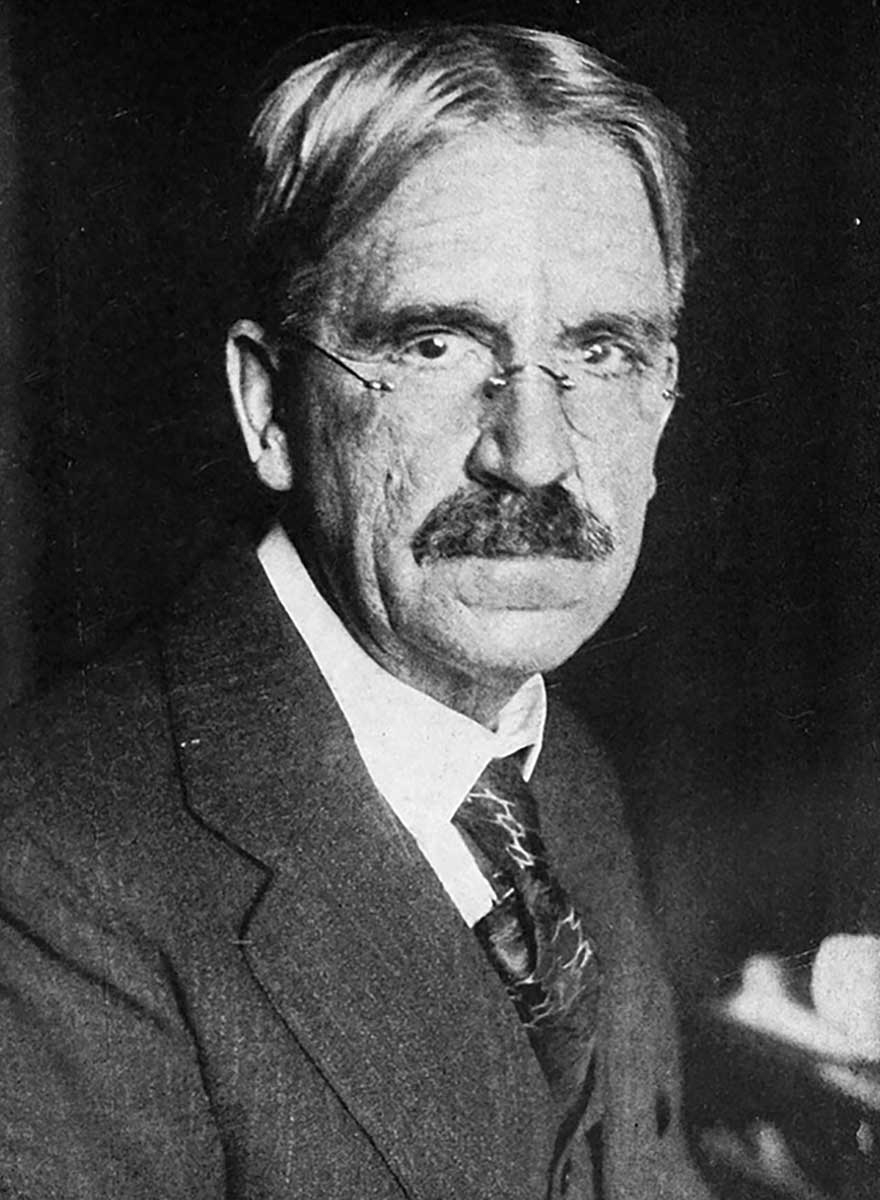
Part of the development of Dewey’s philosophy was influenced by the pedagogical debates of his day, particularly between so-called “romantics” and “traditionalists.” The former was progressive and emphasized a child-centered approach. The latter emphasized a curriculum-centered approach. The former focused on the growth of a child’s active learning process whereas the latter focused on the primacy of the subject matter. Natural stimuli for children were the starting point for the romantic educators, whereas the traditionalists saw children as blank slates to be educated with discipline.
John Dewey wanted to move away from both types of pedagogy. He argued that the former was too focused on the internal part of learning and the latter on the external part of learning. Dewey argued that what was lacking was more direct involvement from the teachers with the Romantic approach. With the latter traditionalist approach, Dewey argued that there was too much emphasis on course content and discipline to the detriment of the child’s natural impulses for learning and individual occupational paths. The traditionalist approach closes a child’s mind and is too restrictive. What is central, per Dewey’s philosophy, is to maintain an open and active mind, on behalf of both the child and teacher, because his pedagogy was meant to be adjusted to change when needed. Dewey’s pedagogy was directly connected with democracy in that it could only be possible within a larger scheme of participatory democracy among the populace. This is how public education would adapt to the perennial forces of change.
Education and Democracy
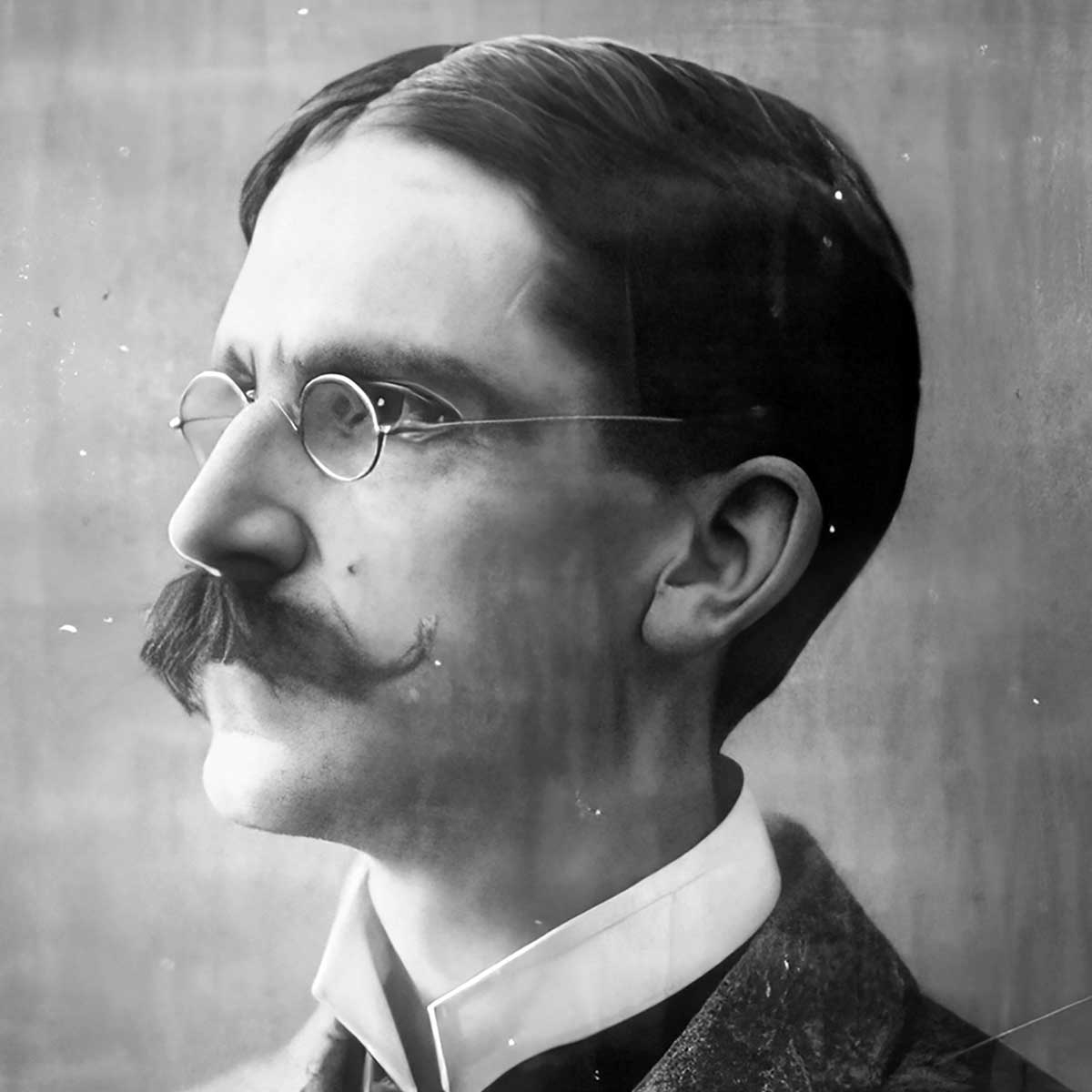
As noted, Dewey emphasized that we are social beings. Thus, we do not thrive solely as individuals; we thrive as individuals within a society. Learning how to live within a society, to cooperate with others is therefore critical. For such education to succeed, schools also need to reflect this; they need to have socially conducive and cooperative environments and atmospheres—and this is directly connected more broadly with democracy, as a participatory democracy is also essential for this to occur. A participatory democracy creates a broader atmosphere that makes such an educational atmosphere possible. Therefore, there are ways in which the school should reflect and be a microcosm of the broader democratic society of the United States.
Given that one certainty is the ever-changing nature of the world, the success of a democracy and its schools is measured by how well the participants adapt to this. Successful adaptation requires a need to consider multiple perspectives while remembering that we are individual agents within a society of other individual agents, navigating the world as social beings. Schools must prioritize “social, communal perspectives” within the process of inquiry and problem-solving. The aim, therefore, is not always a neutral perspective, which some said contradicted Dewey’s scientific aims. His response, however, was that his philosophy still aligns as it focuses on the process more than the product, given that we live in a pluralistic society. A democracy needs to be founded on the ability to consider multiple perspectives.
Summarizing Dewey’s Philosophy of Education
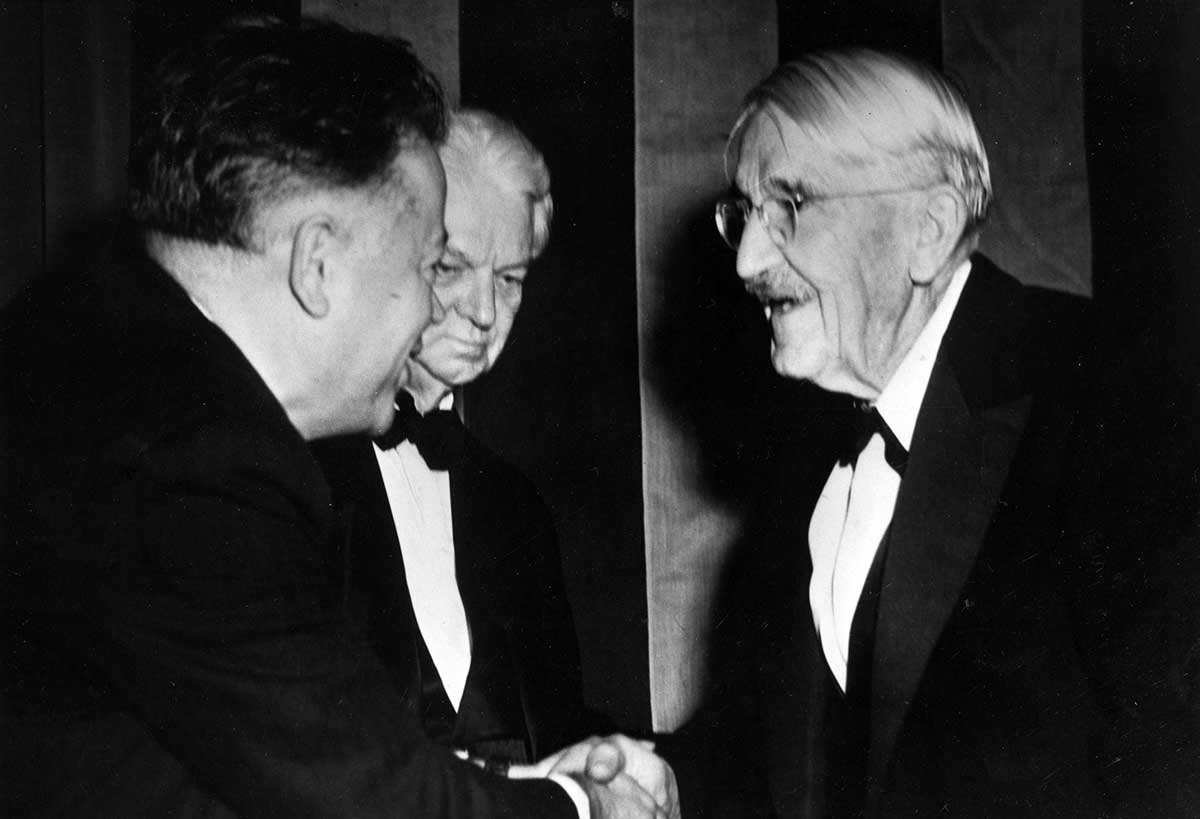
This means that education is critical to the success of a democratic society. Education teaches us the habits we develop, the process of inquiry we pursue, and how we cooperate in these endeavors along the way. In all this, meliorism is central, or the idea that we should focus on trying to make the world a better place. We can be optimistic that we can find ways to live better, even if usually the most we can hope for, in Dewey’s terms, are “warranted assertions” about things. Thus, despite often being considered as a pernicious anything-goes philosophy, that was not his intention by any means, as there was a consistent sense of optimism that we can be confident about our futures despite the certainty of change that pervades all Dewey’s thought.
